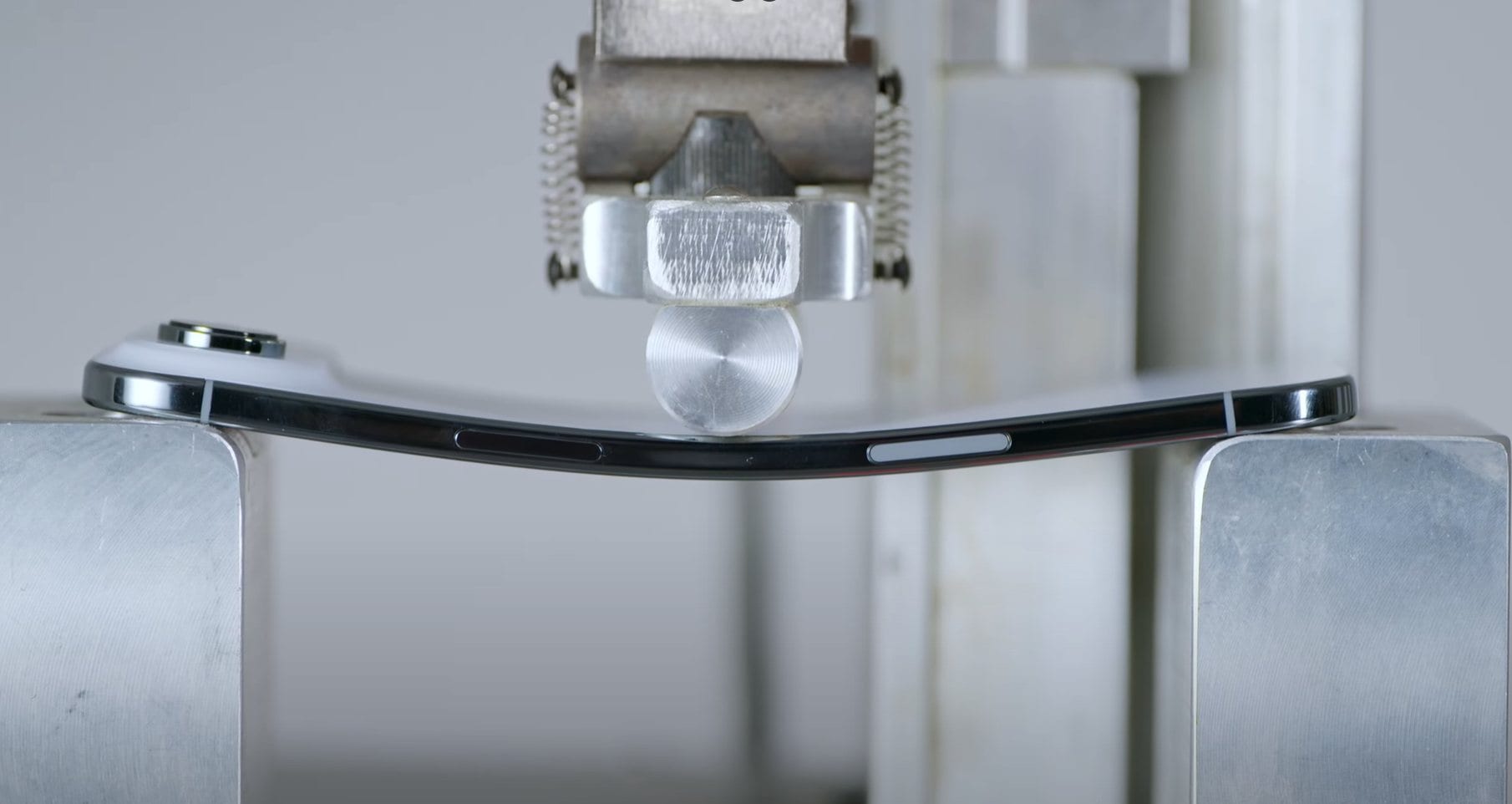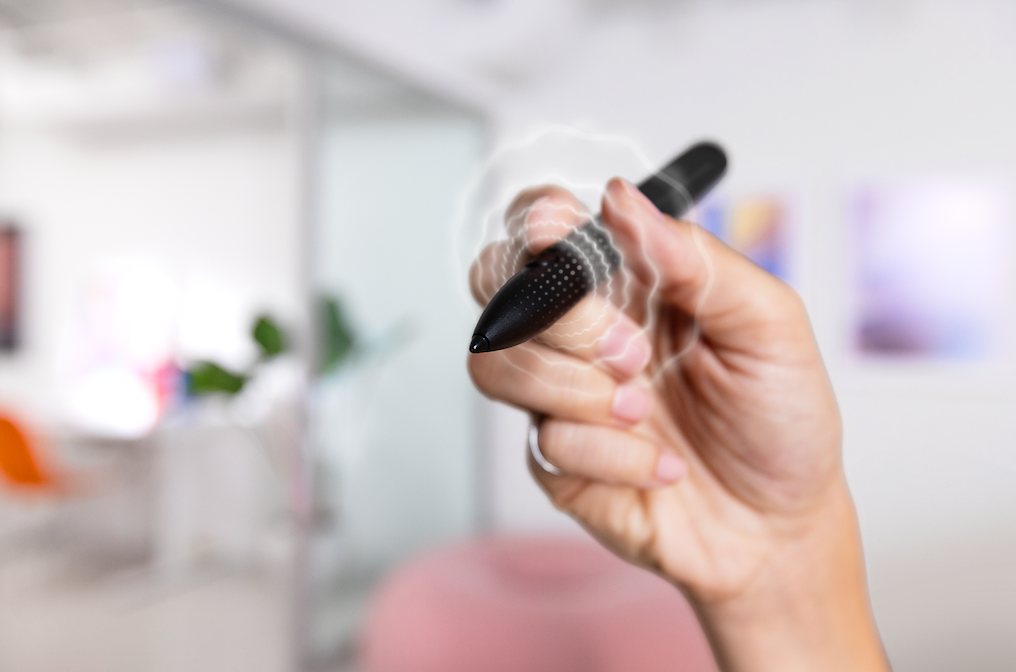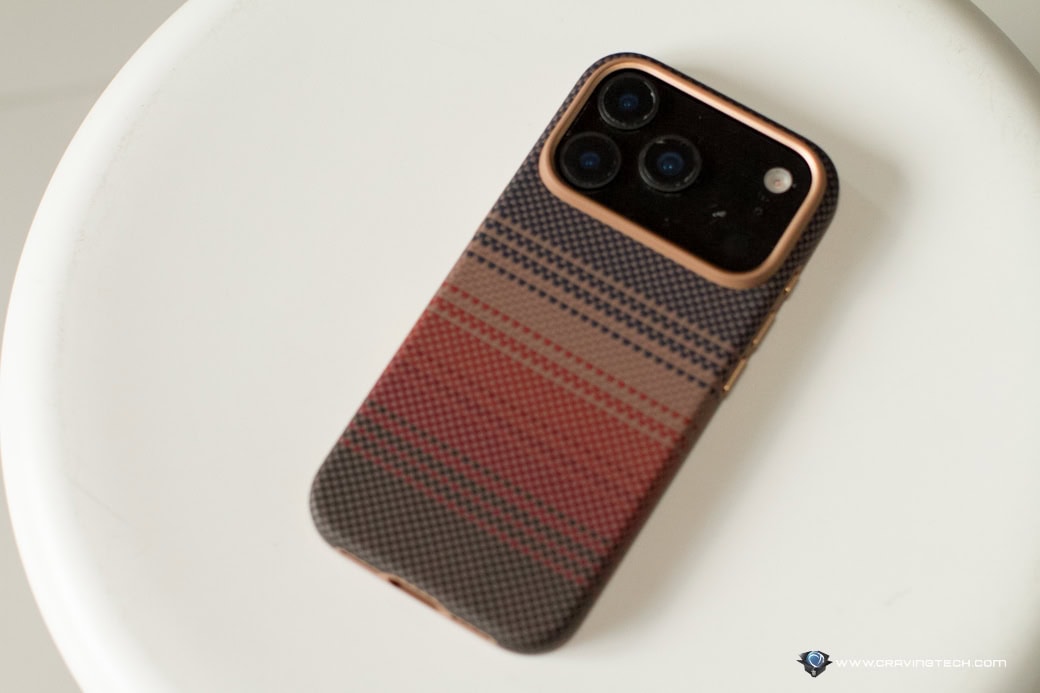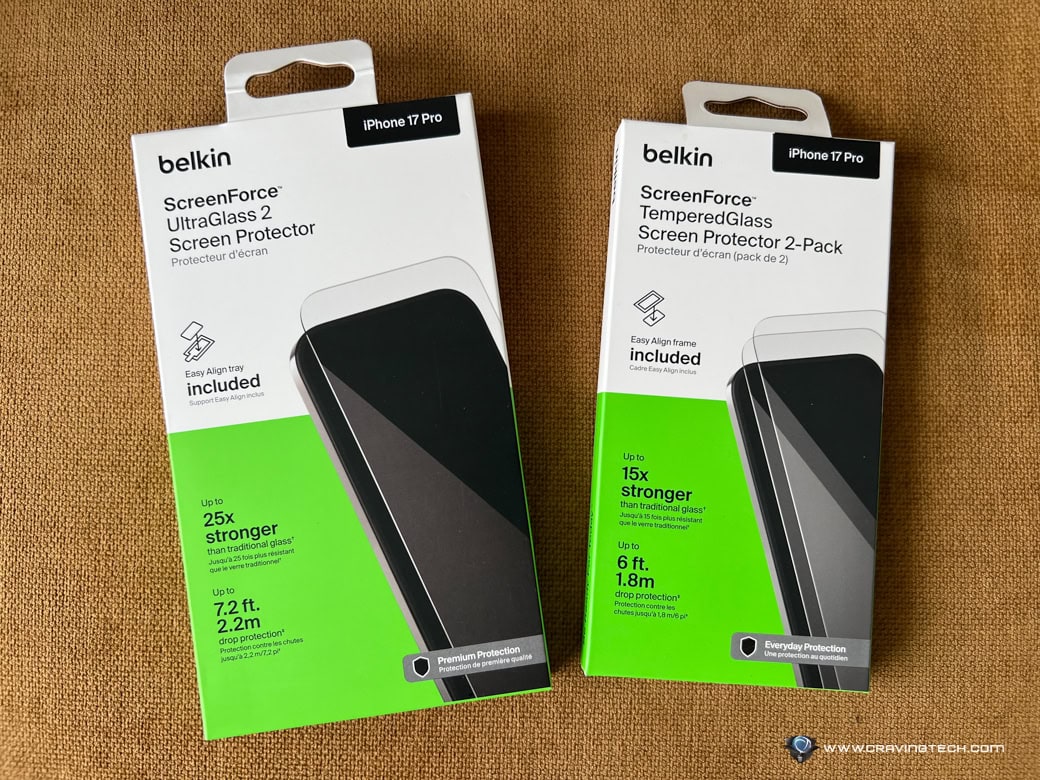
Apple’s newest iPhone Air has proven it won’t fall victim to another Bendgate scandal, but drop damage remains a significant concern for users investing in the company’s thinnest smartphone ever. Independent testing from Allstate Protection Plans reveals mixed results for durability across Apple’s redesigned iPhone 17 lineup.
The comprehensive evaluation put both the ultra-slim iPhone Air and iPhone 17 Pro through rigorous robotic testing to assess real-world durability. With Apple’s biggest physical redesign in years featuring new rectangular camera housings and advanced components, the testing aimed to determine whether the sleeker profiles compromised structural integrity.
Using the DropBot system, which simulates 6-foot drops onto concrete sidewalks, both devices demonstrated improved back-panel durability while maintaining concerning front-screen fragility. The iPhone 17 Pro managed to survive back-down drops with only cosmetic damage to its camera housing and frame edges. The iPhone Air sustained rear panel cracking but remained fully functional, marking a notable improvement over previous glass-back iPhone generations.
However, face-down drops told a different story. Both models shattered their Ceramic Shield 2 displays after single 6-foot drops, rendering the screens too dangerous for bare-hand use despite maintaining full functionality. Users would require complete front screen replacements to restore safe usability.
The BendBot pressure testing delivered reassuring news for iPhone Air’s structural design. Despite being 35% thinner at 0.22 inches compared to the iPhone 17 Pro, the Air bent at 190 pounds of pressure while remaining fully operational. The iPhone 17 Pro required 200 pounds before bending, with both figures well exceeding industry durability standards and typical user stress scenarios.
Apple appears to have learned from previous bending issues that affected the iPhone 6 and Samsung Galaxy S6 Edge. The rectangular camera housing and titanium frame construction likely contribute to the iPhone Air’s surprising bend resistance despite its ultra-slim profile.
With smartphones replacing dedicated cameras for 82% of Americans, device protection becomes increasingly critical as replacement costs climb. The iPhone 17 Pro starts at $1,099 with repair costs reaching $749 without AppleCare coverage, while the iPhone Air begins at $999 with potential repair bills up to $699.
Jason Siciliano from Allstate Protection Plans noted that while Apple successfully avoided repeating past structural failures, fundamental physics still pose challenges. The improved Ceramic Shield rear panels represent the most durable backing the company has tested, yet front-screen vulnerability persists as a costly risk factor.
The testing reinforces the importance of comprehensive protection strategies for users investing in thousand-dollar smartphones. Quality cases, screen protectors, and protection plans remain essential safeguards against everyday accidents that can result in hundreds of dollars in repair costs.
The iPhone Air and iPhone 17 Pro demonstrate Apple’s commitment to balancing design innovation with structural integrity, successfully avoiding bend-related failures while maintaining the premium build quality expected from flagship devices.






